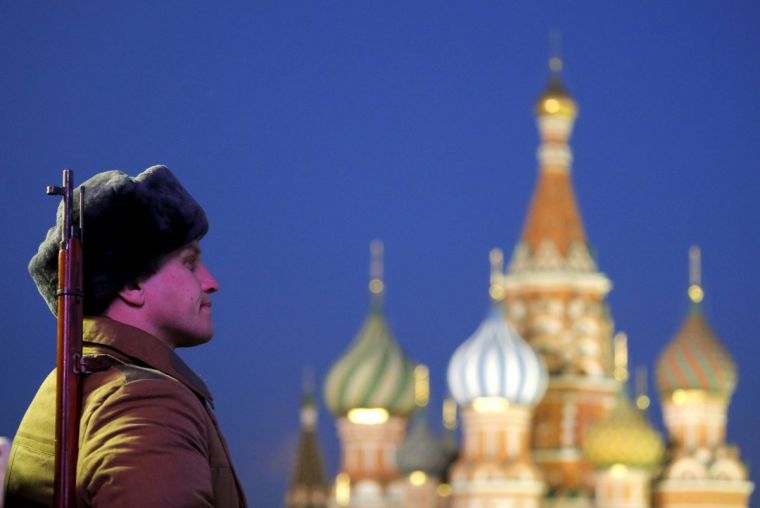Russia: Evangelicals pray, fast and lobby Putin as severe restrictions placed on evangelism

Russian evangelicals are praying, fasting and petitioning President Vladimir Putin after measures severely restricting their ability to evangelise and practise their faith were passed by the country's upper legislative house.
The measures are included in a package of anti-terrorism laws put forward by Deputy Irina Yarovaya and have now been passed by both houses, the Duma and the Federation Council. The law will prohibit evangelism anywhere outside a church or religious site – including private homes and online – and those in breach of it will be fined. Foreigners will be deported.
Russian Protestants have campaigned against the proposals. Sergei Ryakhovsky, head of the Protestant Churches of Russia, wrote with other evangelical leaders to Putin urging him not to sign the legislation into law, saying that "Yarovaya's Law violates human rights and fundamental liberties with regard to religious freedom".
The Church leaders said: "The obligation on every believer to have a special permit to spread his or her beliefs, as well as hand out religious literature and material outside of places of worship and used structures is not only absurd and offensive, but also creates the basis for mass persecution of believers for violating these provisions."
Their letter continued: "Soviet history shows us how many people of different faiths have been persecuted for spreading the Word of God. This law brings us back to a shameful past."
Protestants began three days of prayer and fasting on June 29. However, according to Mission Eurasia president Sergey Rakhuba, a veteran Moscow church leader and planter, if the law is past the Churches will continue to function underground. He told Christianity Today: "The Great Commission isn't just for a time of freedom."
Commenting to Baptist Press, Lloyd Harsch, a New Orleans Seminary church history professor, said: "Since the fall of communism and the dissolution of the Soviet Union, Russia has steadily constricted its initial openness to evangelical Christianity." He said the laws were "another attempt by Vladimir Putin to solidify his grip on power [and] silence his critics, under the guise of promoting public safety and combating terrorism. Anything that challenges his authority can be branded as terrorist activity.
According to Harsch, the law would favour the Russian Orthodox Church at the expense of evangelicals. He said: "These laws reveal the continuing after-effects of communism, which viewed all religion as the same."
He added: "The proposed restrictions are justified as necessary to counter terrorism and preserve peace, but cast a much wider net to include government critics of all kinds and any religious activity outside the Russian Orthodox Church."











